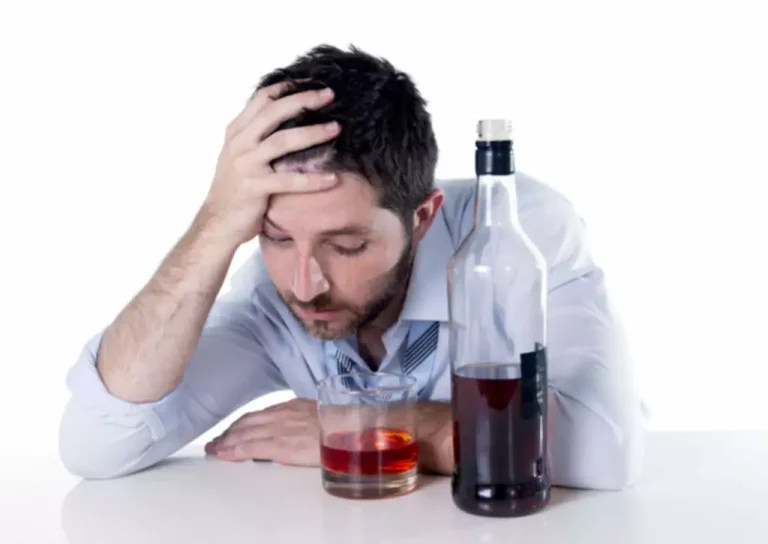
Eliquis is a common blood thinner that does not require routine blood tests like some anticoagulants do. Using alcohol with Eliquis can increase the risk of internal bleeding, so alcohol use should be limited. One of the oldest blood thinners still in widespread use is warfarin (Coumadin). Of all the blood thinners available today, warfarin is most strongly affected by excessive alcohol consumption.
Break Free from Addiction
Warfarin requires careful monitoring, and adding alcohol into the mix can make it harder to maintain the correct dosage. It is generally recommended to limit alcohol consumption and always consult a healthcare provider for personalized advice. Warfarin’s effectiveness can be heavily influenced by dietary and lifestyle factors, including alcohol intake. Chronic alcohol use can decrease warfarin metabolism or deplete vitamin blood thinners and alcohol K, shifting coagulation levels unpredictably. Acute, heavy drinking may increase warfarin’s blood-thinning effect, heightening bleeding risk.
Increased Risk of Bleeding When

It’s a step towards safeguarding your health and well-being, emphasizing the importance of confronting and treating addiction with the seriousness it demands. Over time, this can lead to liver stress or damage, further complicating the body’s ability to manage blood thinners effectively. If you are unsure whether your medication is considered a blood thinner, it’s important to talk to your doctor for personalized advice and information. Alcohol consumption may decrease the amount of fibrinogen in the blood. The liver produces this protein, which plays an important role in controlling blood flow and promoting blood clotting. No matter which blood-thinning medication you use, there will always be an increased risk of bleeding problems, but…
- While many people take low-dose aspirin daily to help prevent cardiovascular events, mixing aspirin with alcohol increases the odds of stomach irritation, ulcers, and bleeding.
- The combination of alcohol and Eliquis can significantly increase your risk of bleeding.
- The decision to start a blood thinner should always be made under the guidance of a healthcare professional.
Types of Drug Interactions With Alcohol
For those who have a problem with alcohol use disorder, there are resources and tools to help reduce alcohol intake. Get emergency medical care immediately if you or someone else has symptoms of severely low blood pressure. While sugary drinks like lemonade and sweet tea may taste good, they aren’t the best choices for kidney health. Dark cola, specifically, is made with phosphoric acid for preservation and taste.
How to stay safe when you take a blood thinner

Whether you’re a casual drinker or enjoy a glass of wine with dinner, it’s essential to discuss your alcohol consumption habits with your doctor if you’re taking Eliquis. Physicians can provide personalized advice based on your individual circumstances. However, if you drink a lot in a short period (i.e. bring drinking), you can exacerbate the effects of Elquis and increase the risk of bleeding. If you take Warfarin and drink alcohol, your blood can’t clot properly and you can experience major bleeding. For this reason, it’s advised that you limit your alcohol intake to one or two drinks.

Understanding these risks and knowing how to manage them is essential for anyone taking blood thinners and considering alcohol consumption. Blood thinners, also known as anticoagulants, are a class of medication designed to prevent the formation of harmful blood clots in the body. These Alcoholics Anonymous clots can lead to serious conditions such as stroke, heart attack, or deep vein thrombosis (DVT). By reducing the blood’s clotting ability, blood thinners help ensure a smoother flow of blood through the veins and arteries, mitigating the risk of clot-related complications.
Injecting Drugs: Health Risks and Social Consequences
Staying hydrated is key to making sure they can do their jobs properly. But hydration isn’t just about drinking more—it’s about drinking the right fluids. By Ayesha Gulzar, PharmDAyesha Gulzar is a clinical pharmacist interested in medical research, pharmacy practice, and medication therapy management. Dr. Gulzar has been working in medical communications, writing medical and clinical research for patients and health professionals in the United Kingdom. If you think excessive drinking such as binge drinking and heavy drinking is something you need help with The Substance Abuse and Mental Health Services Administration (SAMHSA) can be contacted.
Inpatient Opioid Rehabilitation Centers in Central Florida
Your alcohol use can be just as dangerous as the sticky blood clogging up your veins. We’ll explore the role of blood thinners, the effects of alcohol consumption, and expert recommendations for safely enjoying a drink while on these medications. By the end, you’ll have a comprehensive understanding of how to manage your health effectively while on blood thinners.
Contact our caring Recovery Advocates today to discover how we can support you in building a healthier, alcohol-free future. Regardless of the specific blood thinner, avoiding alcohol is generally the safest approach. Individual factors vary, so consult your doctor for personalized guidance. Addiction, ensuring that the dangers of mixing alcohol with your medication are avoided.
